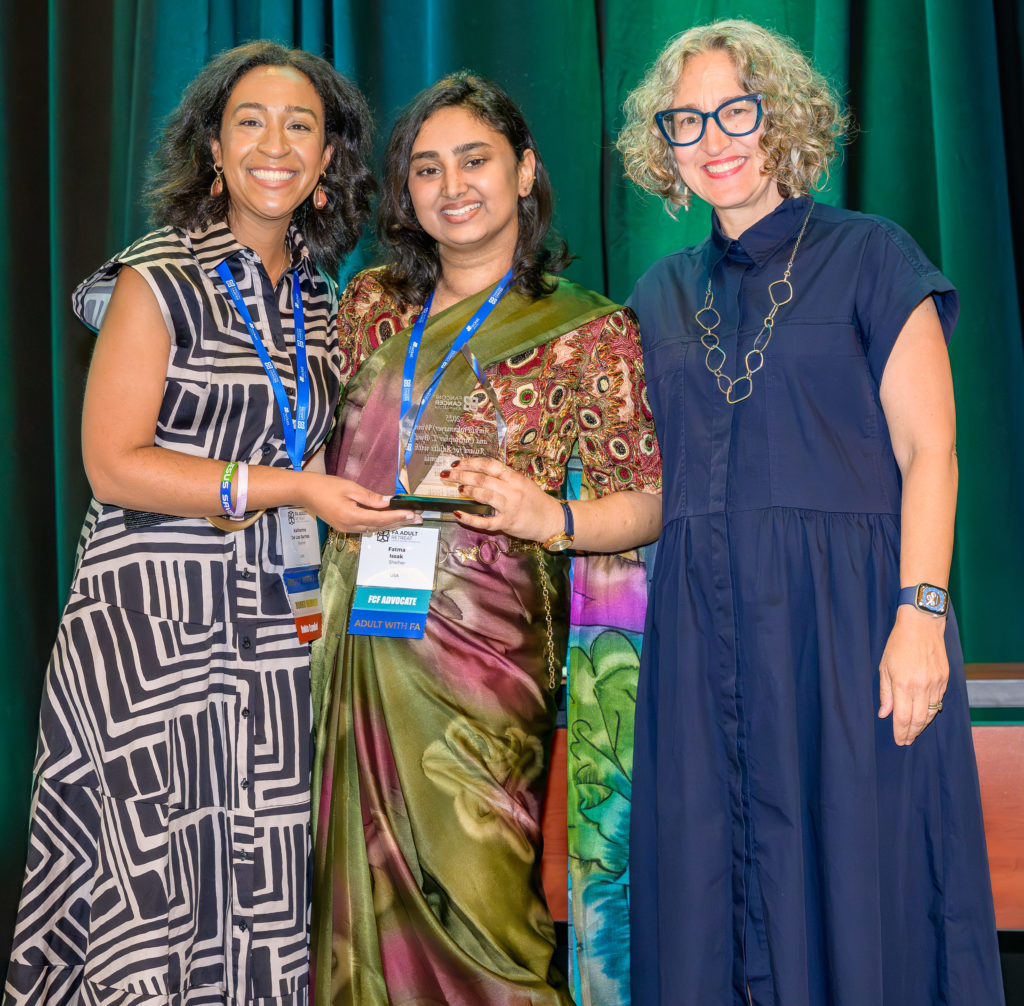Research is the answer to one day making FA a treatable, manageable disease. Here, you'll discover the most recent strides in FA research and activities funded by FCF. Every quarter, we'll bring you updates on newly funded grants, ongoing projects, and significant milestones.
Directory

Sharon Cantor
Associate Professor | PhD
My laboratory focuses on understanding how tumor suppressor proteins function to maintain genomic integrity and suppress cancer. In particular, we focus on the hereditary breast and ovarian cancer genes, BRCA1, BRCA2 and the BRCA1-associated helicase, FANCJ (BACH1/ BRIP1). Bi-allelic loss of these genes also causes Fanconi anemia (FA), a rare chromosomal instability and cancer syndrome. Our work on FANCJ revealed that DNA repair defects underlie both hereditary breast cancer and FA. Currently, we are employing biochemical and whole-genome screening technologies, to uncover mechanisms regulating DNA repair choice and how cancer cells evade toxic chemotherapies.
FA Research Projects
| Year | Project |
|---|---|
| 2020 | A small molecule approach to overcome replication dysfunction in FA |
The Latest
News & Events


These projects, made possible through the commitment of FCF and our funding partner, Fanconi Canada, advance collaborative research that is improving early detection, guiding cancer prevention strategies, and laying the groundwork for future treatments.

A Global Commitment to Care Born in Zanzibar and now living in New York, Fatma has dedicated herself to improving how healthcare is experienced, not just delivered. She currently works as a medical scribe at an OB-GYN clinic, supporting patients...

